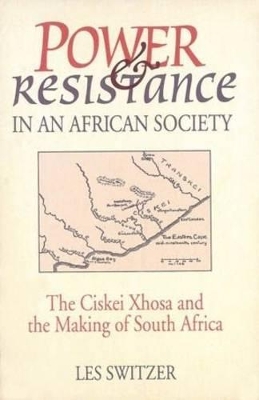In this study, the author takes the Xhosa-speaking peoples of the Ciskei region as a case study of the ambiguities of power and resistance at work in southern Africa during the pre-colonial, colonial and post-colonial eras. Having lived in the region, Switzer uses the Ciskei Xhosa experience to focus on the struggle for a democratic South Africa. The Ciskei was the major zone of armed conflict between Europeans and Africans in the late 18th and 19th centuries. The contemporary African nationalist movement in South Africa first took root in the region during the 1870s and 1880s. The strategy of petitionary protest was perfected in the Ciskei and persisted there longer than anywhere else in South Africa, but the region was also a centre of grassroots popular resistance outside organized African politics. The Ciskei, for example, became a militant base of operations in the 1940s and 1950s, and the gap between urban and rural dissidents was first bridged during the 1952 Defiance Campaign. Finally, the Ciskei emerged as a primary site of struggle during the 1970s and 1980s, when it was transformed from a fragmented reserve to a "national state".
- ISBN10 0869809059
- ISBN13 9780869809051
- Publish Date 31 December 1993
- Publish Status Unknown
- Publish Country ZA
- Imprint University of KwaZulu-Natal Press
- Format Paperback
- Pages 464
- Language English
